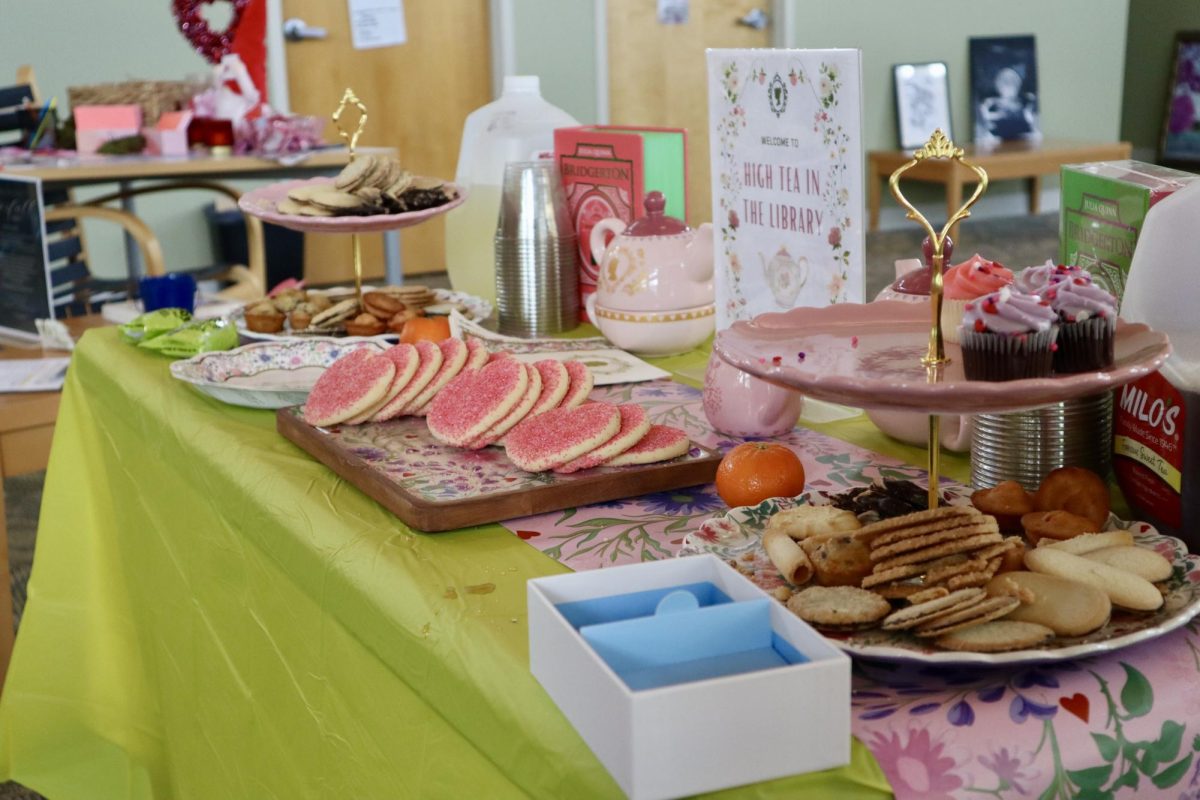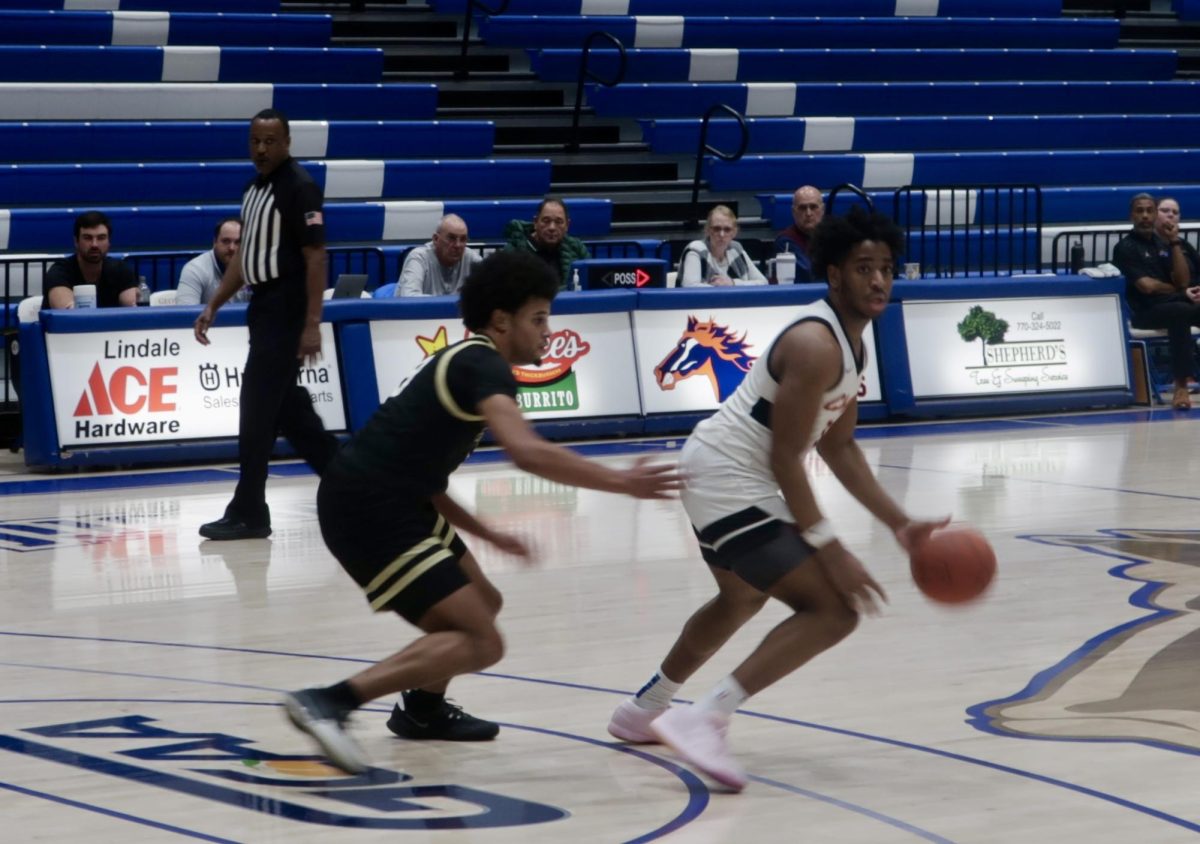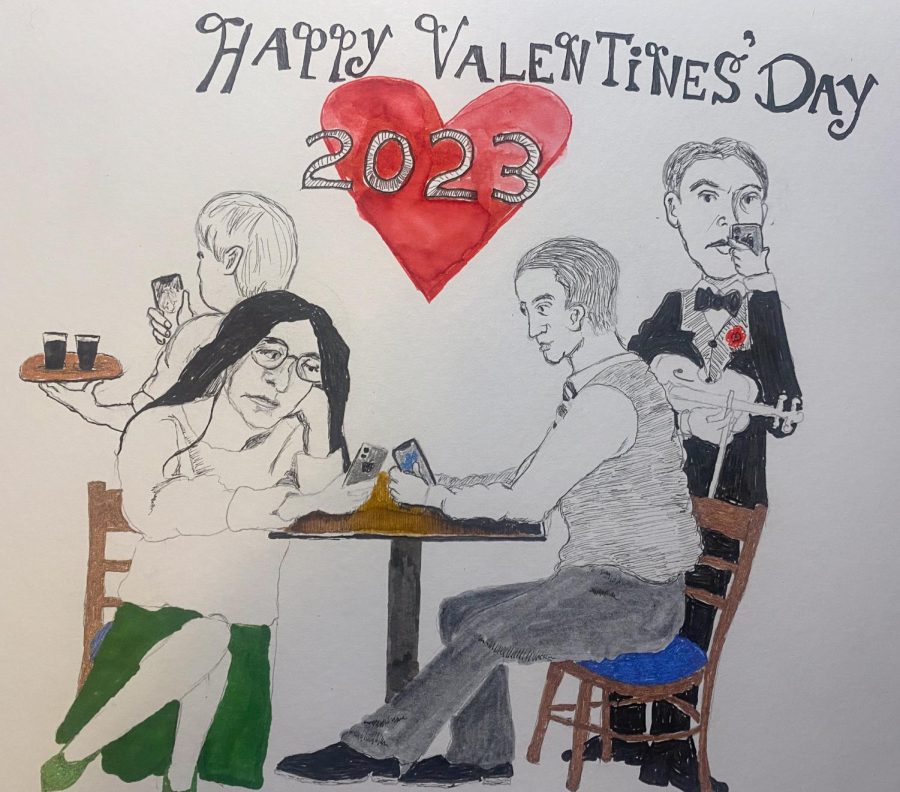What is a single voice in a roaring crowd? Would anyone even notice if a single voice stayed silent? This is perhaps how many rationalize their choice not to vote, believing that their one voice wouldn’t be heard or that it wouldn’t have a significant impact.
However, according to the 2018 US census, only 36 percent of adults ages 18 to 29 cast their ballot. This is the equivalent of more than half the crowd remaining quiet. There would be a huge effect if all turned and cried in unison, but even a single voice can help break the silence.
We are coming up on midterm elections. These are the elections held in the middle of an executive’s terms, with other political positions being voted on, ranging from congressional seats to mayoral races. But do not let these go unnoticed. Mayors and sheriffs hold considerable power, sometimes even comparable to senators.
“The majority party determines who leads important congressional committees. A president’s ability to accomplish his agenda has everything to do with whether his party controls the two houses of Congress,” said the Brazilian US Embassy and Consulates. Particularly in the current race, Democrats have a steep hill to climb. Though they are only short two seats, they will “have to have a near perfect run in the toughest of races,” according to “The Washington Post.” What will this mean for Trump if they succeed? Nancy Pelosi from the House of Representatives said the impeachment is not a priority, but Democrat wins could spark new investigations into the Russia scandal, according to the Washington Post.
With all that’s at stake, there is more reason than ever for young people to vote. “Every vote counts,” goes the saying, but many feel disillusioned, especially after the electoral college’s role in the 2016 election. However, according to thebestcolleges.com, potential young voters make up the largest voting demographic, helping push Barack Obama into office in 2008.
Many elections are won by narrow margins, such as when Minnesota senator Al Franken won by 312 votes in 2009. The votes of even a few young people could tip the scales in favor of one candidate or the other. Still, how many students have the time to vote? The system seems built against young voters in Georgia, with long lines and convoluted processes. Many young voters have jobs they can’t easily get time off from, classes they must attend, and/or a lack of transportation. It is less a matter of apathy and more a matter of logistics.
Perhaps there are elections some can be excused from when obligations override opportunities to vote. However, look at what’s at stake. The decisions that govern how you live tomorrow are made in the voting booth. For the cynical, do you trust others enough to make that decision? Clear your calendar. Get a ride. The power of a nation lies in wait at the cost of a few hours

































































